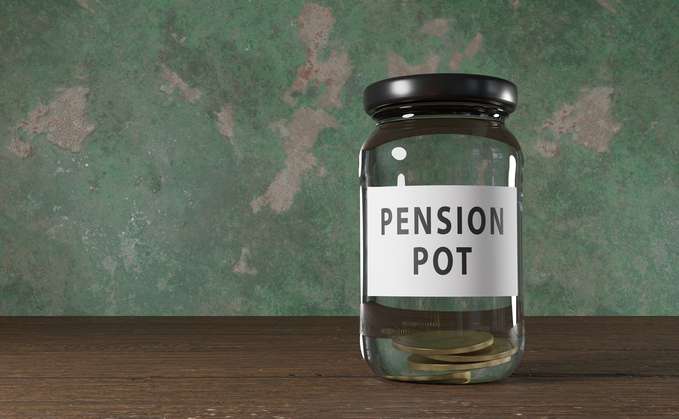Think tank calls on the government to ‘end and reverse’ the proliferation of small pots
There is a “strong case” for deferred small pension pots to be consolidated by default, the Institute for Fiscal Studies (IFS) has argued.
In the think tank’s report, published today (12 February), the IFS highlights in 2023 there were around 20 million defined contribution (DC) pension pots worth less than £10,000 – containing £30bn in total – with 12.1 million of these worth less than £1,000 which were no longer being contributed into.
As such, the IFS has called on the government to “stop and reverse” the proliferation of millions of small pension pots in the UK as they have become “burdensome” and “uneconomical” for both pension providers and savers.
The IFS argued there is a “strong case” for small pots to be automatically consolidated, with the option to opt-out, as well as moving towards a system where savers end up with one DC pension pot as they approach retirement.
It suggested deferred pots below £1,000 should be automatically consolidated, with this limit raised over time and in the long term should be subject to “regular and frequent increases” to avoid falling behind inflation. The organisation suggested a ‘pot follows member’ system or a default consolidator approach could help achieve these outcomes and “significantly improve the status quo”.
IFS research economist and report author Laurence O’Brien said: “Auto-enrolment has been a huge success in getting more employees to save in a pension. However, without policy action, many will end up with their savings scattered across several small pots by the time they reach retirement.
“This status quo is not fit for purpose: it is uneconomical for pension providers, leading to higher charges for savers, and it makes it harder for individuals to make good decisions on how to use their savings.”
He added: “Policymakers should help savers out by ensuring that, by default, their deferred small pots are consolidated together. This would lead to lower average charges and make it easier for individuals to keep track of all their savings.
“One potentially attractive option is for an individual’s pensions to be combined, by default, into their most recent pension. What is not attractive is the status quo that generates many millions of pensions worth under £1,000.”
Consolidation ‘can be expected’
Commenting on the report, Pensions and Lifetime Savings Association deputy director of policy Joe Dabrowski said: “Industry and the Department for Work and Pensions have spent considerable time and effort examining the small pots issue and are working hard on a multiple default consolidator solution, which will form part of the Pension Schemes Bill.
“Future consolidation of the DC pension market can be expected to lead to greater pot consolidation over time, while pensions dashboards will, once launched, help savers find information about all their pension provision in one digital place.”
Abrdn Financial Fairness Trust chief executive Mubin Haq added: “In recent years there has been a rapid rise in the number of small pension pots. This particularly affects lower earners and women. The new pensions dashboard will help many to keep track of their pensions, but it will not necessarily lead to consolidation of these pots.
“Further action is needed to reduce the complexity of managing small pension pots, which should result in gains for employees as well as providers.”
Evelyn Partners financial planning partner and retirement specialist Gary Smith said: “It’s obviously not an ideal state of affairs that people end up with multiple small pots, particularly as the evidence suggests there’s very low levels of engagement, with employees often losing track of where and how their pension money is invested.
“Pot follows member does on the face of it make sense now that most workplace DC schemes are quite similar in terms of the fees they charge and the choice of funds on offer. It is also now increasingly unusual for a DC scheme to come with benefits or guarantees that would be lost if the policy was transferred, which has been a historical reason for not surrendering some legacy pots.
“In many DC schemes new employee members can already elect – quite easily and swiftly in some cases – to transfer in their previous pension workplace pension(s), so it is likely such a system could be introduced without much fuss or cost.
“However, if a ‘pot-follows-member’ system was adopted, the opt-out option must be clearly presented as it still might be the case that an employee’s new work scheme is in some way less preferable than the one they are leaving.”

